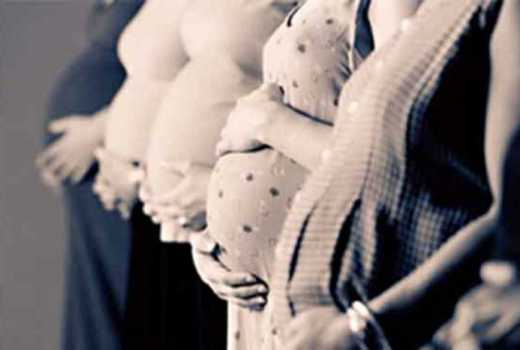
An author by the name Nicholas D Kristof wrote that “Maternal health generally gets minimal attention because those who die or suffer injuries overwhelmingly start with three strikes against them: They are female, they are poor, and they are rural.” Putting the perspective on the Kenyan woman, I could not agree more. Health is an important cross-cutting policy issue not only domestically, but also in the international arena. It is a precondition and an outcome and an indicator of all three dimensions of sustainable development which are economic, social and environmental prosperity for all.
Kenya’s success